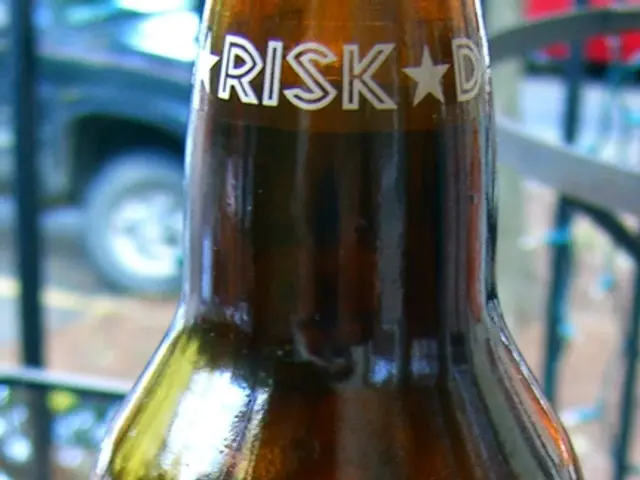Cannabis b^+ve^ blood test results cannot lead to employee dismissal, underscore New Jersey regulators.
The Cannabis Regulatory Commission in New Jersey has issued guidance to help employers navigate the complex issue of workplace impairment in the wake of the state's 2021 adult-use cannabis law.
The guidance recognizes that cannabis impairment detection strategies may need to vary depending on the nature of the workplace. It provides a path for employers to "fairly assess impairment on the job," but it's important to note that the specific criteria for certifying Workplace Impairment Recognition Experts (WIREs) have not yet been issued.
Under the new law, WIREs are trained to recognize signs of impairment based on observable behaviors and physical indicators in the workplace, rather than relying solely on toxicology or smell. The criteria for certification involve successfully completing a specialized training program tailored to workplace impairment recognition, being qualified to evaluate signs of physical impairment that may affect an employee's ability to safely perform their job duties, and utilizing objective behavioral and physical assessments.
The guidance does not specify what it means to be sufficiently trained and qualified to document behaviors that might indicate impairment, nor does it provide details on where to obtain training for such purposes. Employers can designate an employee who is "sufficiently trained" to document behaviors that might indicate impairment, or they can hire an outside service.
WIREs can be on staff or work for another company, and their role is to document behaviors that might indicate impairment. The guidance supports employers' right to maintain safe work environments and affirm the due process rights of employees.
Jeff Brown, the executive director of the Cannabis Regulatory Commission, stated that striking a balance between workplace safety, work performance, adult employees' right to privacy, and consuming cannabis during off-hours is possible. He also emphasized that the guidance could help with costs to employers, as stated by Courtney Knight, an associate at Freeman Mathis & Gary LLP.
It's worth noting that New Jersey's 2021 adult-use cannabis law prohibits employers from firing or suspending workers based solely on a positive blood test. There are currently 19 stores in New Jersey where adults can buy recreational weed.
However, the regulations that will establish specific criteria for certifying WIREs have not yet been issued. The commission has not completed the regulations on how employers should detect cannabis impairment at work under the new law.
In conclusion, the guidance issued by the Cannabis Regulatory Commission in New Jersey offers employers some flexibility in dealing with workplace impairment, but it's crucial to await the specific criteria for certifying WIREs to ensure compliance with the new law.
Read also:
- Toyota strikes a deal in Shanghai for a solely owned Lexus electric vehicle production plant.
- Rebuilding Obstacles: The Complexities of Revamping: Part 2
- Approaching Manufacturing: 2027 Karma Amaris GT Coupé
- "Tesla's dominance in the electric vehicle industry may be facing competition from a new player: Škoda, as the German electric car market undergoes transformation."







